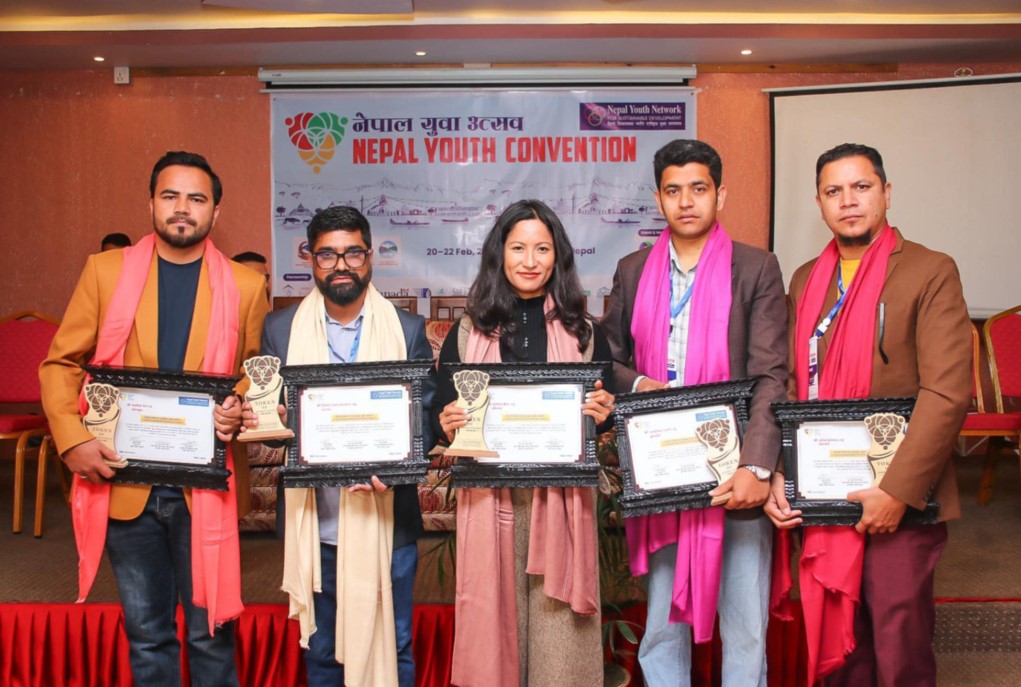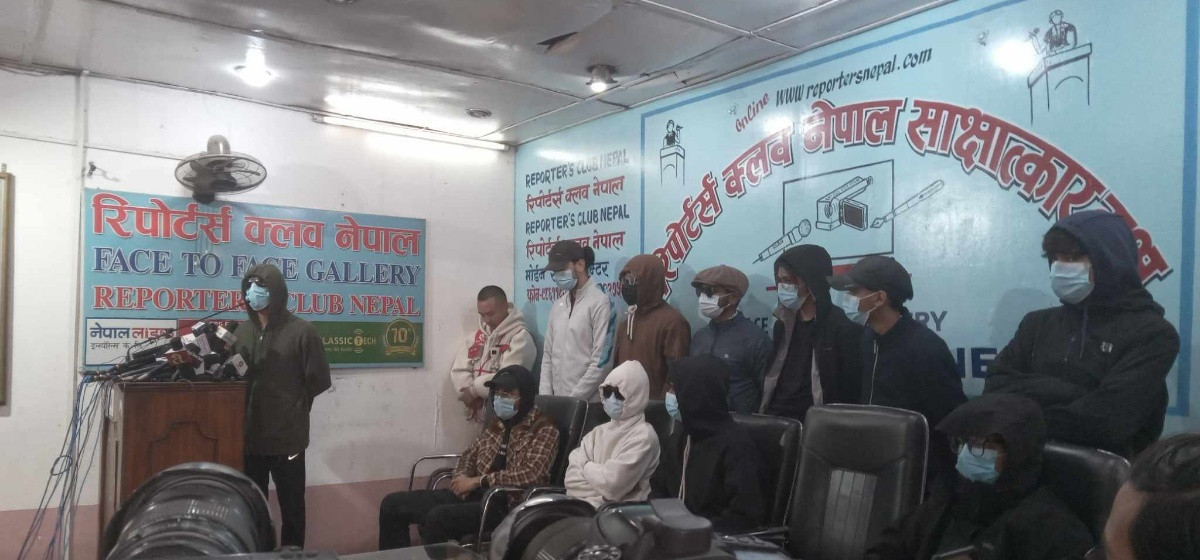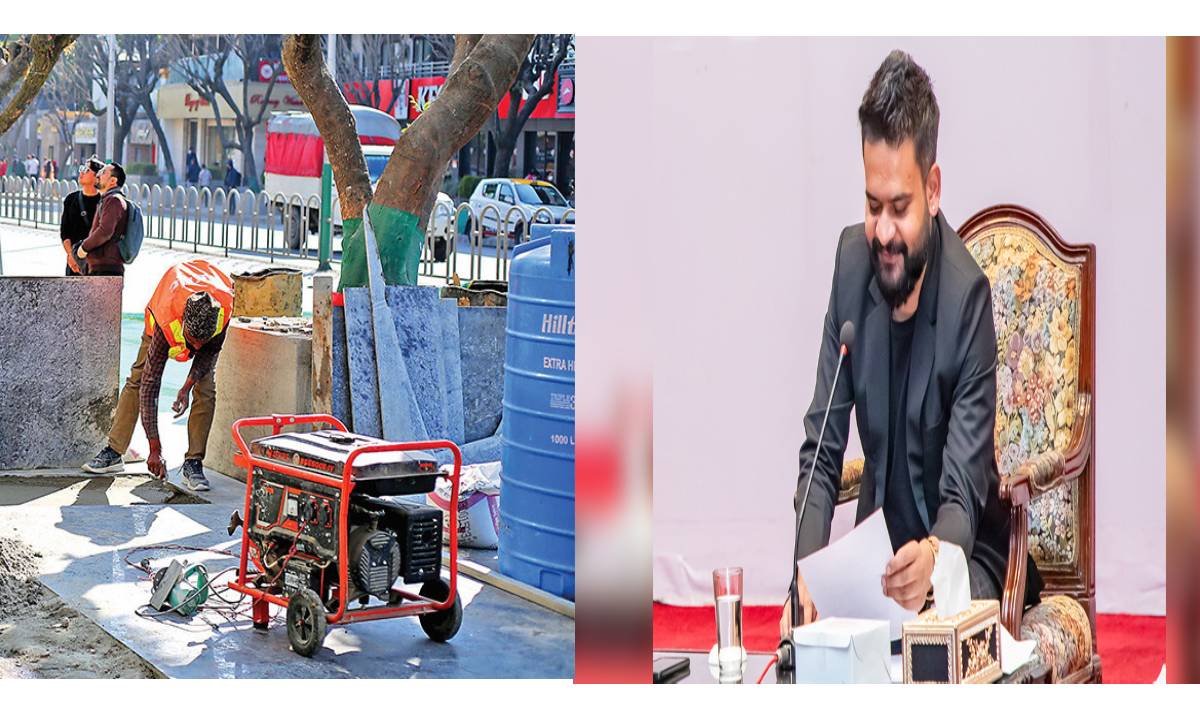Suggests taking action as per the existing laws and principles propounded by Supreme Court
KATHMANDU, May 27: The Office of the President has sent back the petition sent by the government to grant amnesty to Resham Chaudhary to the Ministry of Home Affairs (MoHA).
The Office of President has suggested the MoHA to do the needful according to the prevailing laws and principles propounded by the Supreme Court. On behalf of the government, the MoHA had earlier sent the letter to President Ram Chandra Poudel on the occasion of the Republic Day to grant amnesty to Chaudhary, who was sentenced to life imprisonment by the High Court and Supreme Courts in relation to the Tikapur carnage, as a political case.
Sending back the letter, President Paudel has suggested not to go against prevailing laws and established principles. "The home ministry has been asked to do according to the law so as not to contradict the prevailing law, the rulings of the courts in this regard, and the principles propounded by the Supreme Court," said President Poudel’s Press Advisor Kiran Pokharel.
The government sent a letter to the President's Office with a proposal to grant amnesty to Chaudhary as soon as the Supreme Court in its final verdict upheld life imprisonment slapped by the District Court and High Court. The letter was sent back by the President with suggestions to the home ministry.
Wife of police officer killed in Tikapur incident files petitio...

The latest development comes amid criticisms from various quarters that the government had moved ahead with the process to grant amnesty to Chaudhary and others who were sentenced to life imprisonment by three levels of courts over the Tikapur incident. When SC upheld the decision of the district and high courts to sentence Chaudhary to life imprisonment, the government started the process of granting amnesty to Chaudhary and others within a week of the decision.
Earlier, the MoHA had sent Chaudhary’s file to the President, requesting the head of state to grant amnesty to Chaudhary on the occasion of the Republic Day on May 29. According to the verdicts of the District Court, High Court and Supreme Court, Chaudhary should remain in prison until February, 2037. However, by changing this legal provision, the government started the process of granting pardon 14 years before.
Article 276 of the Constitution provides for pardon. "The President may pardon, postpone, change or reduce the sentence imposed by any court, judicial or quasi-judicial body or administrative officer or body in accordance with the law," it is written in the constitution.
‘In accordance with the law’ means the provision made in the Civil Criminal Code. Section 159 of the Code provides for remission of punishment. In Section 159 (1), it is mentioned that "a person who has been sentenced according to the court's decision can apply to the President through the Ministry of Home Affairs to get the sentence pardoned, postponed, changed or reduced". There is a provision to attach a copy of the court decision while submitting the application. However, in the case of Chaudhary, the full text of the judgment passed by the Supreme Court has not yet arrived.
However, there is also a provision in the Code that the sentences for crimes like corruption, torture, coercion, killing by cruel and inhumane means or control, genocide, kidnapping, body hostage or missing person, human trafficking and trafficking, explosion, money laundering, imprisonment for more than three years, drug trafficking cannot be pardoned.
On May 16, a division bench of SC justices Dr Anand Mohan Bhattarai and Nahkul Subedi decided that Chaudhary should be sentenced to life imprisonment. He is currently in the Dillibazar jail in Kathmandu. Efforts made by political party leaders to free him have not been successful so far.
In March 2019, Kailali District Court handed down a life sentence to 11 people including Chaudhary in connection with the Tikapur incident of August 2015. The decision was also upheld by the High Court.
Chaudhary then appealed to the SC against the decision of the High Court. While hearing the petition, the summary judgment of the Supreme Court states, "In the case of the other defendants, their appeal to be acquitted of the charges cannot be accepted.”
The government is also going to make a legal arrangement to withdraw their criminal cases. The Nagarik Unmukti Party (NUP), which won four seats in the House of Representatives in the elections held last November and became the ninth party, joined the government on the condition that Chaudhary be released. In the Pushpa Kamal Dahal-led government, Ranjita Shrestha, spouse of Resham Chaudhary, is the Minister for Land Management, Cooperatives and Poverty Alleviation.
Chaudhary was the mastermind of the Tikapur (Kailali) carnage that took place on August 17, 2015. The agitating Tharu activists had brutally killed eight people including Senior Superintendent of Police (SSP) Lakshman Neupane, who was the head of the then Seti Zone at the time, five members of the Nepal Police, two members of the Armed Police Force and one infant.
The decision of the President’s office comes after the wife of the policeman who lost his life in the Tikapur incident filed a petition in the Office of President not to grant amnesty to Resham Chaudhary.
Sharada Kadayat Bohra, wife of police inspector Keshav Bohora, who lost his life in the incident, submitted a petition to the President's Office on Friday. As soon as the news came out that the government is preparing to pardon the rest of the prison sentence of former lawmaker Resham Chaudhary, Bohara reached the President's Office with a petition.






































